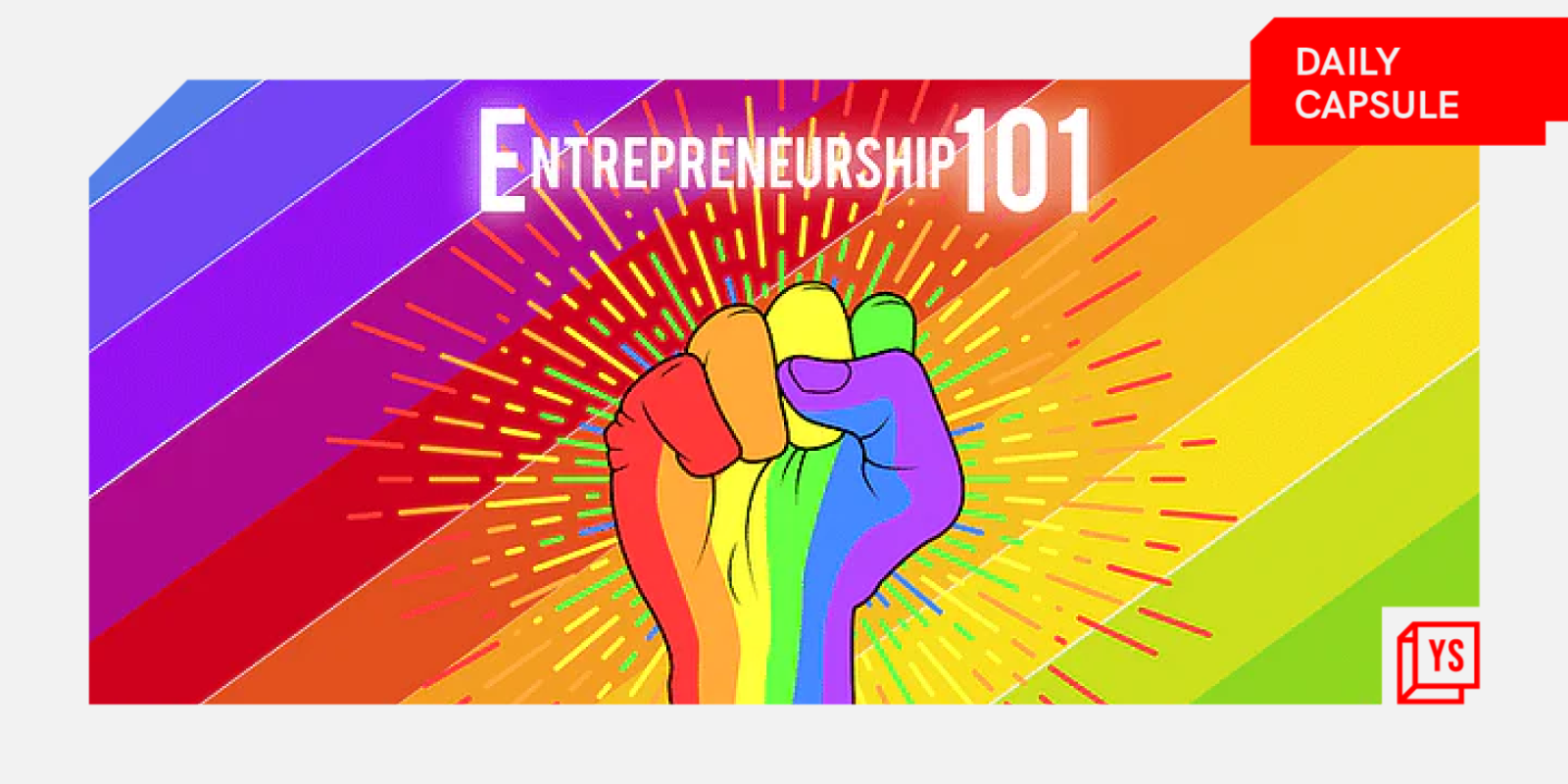Inclusivity in India Inc
Every June, brands across the globe don the Pride flag, even incorporating it into their branding for Pride Month. But what happens after June 30?
Hello Reader,
India will soon have 5G as the government of India has approved a proposal by the Department of Telecommunications to start 5G spectrum auctions. Slated to start from July 26, the base price of 5G airwaves (3,300-3,600 MHz band) has been set at Rs 317 crore.
The much-awaited spectrum—10X faster than 4G—is expected to boost both industries and consumers. The commercial rollout, reports claim, could begin in September in 13 major cities.
In other news, Carl Pei’s tech company Nothing unveiled its first smartphone yesterday, which will have ‘transparent’ elements just like the earbuds it released last year. And according to media reports, the device will be manufactured in India.
Last but not least, did you see the new Brahmāstra trailer?
Is India Inc really inclusive?
Every June, brands across the globe don the Pride flag, even incorporating it into their branding for Pride Month. But what happens after June 30?
Are Indian startups really working towards implementing inclusive policies and educating their employees to ensure a safe working environment? YourStory spoke with various players to understand where the challenges lie and if we are doing enough.
The short answer is no. “We are not even scratching the surface,” said Krishna Kumar, Co-founder of Isthara Living, which launched an all-inclusive property, Anannya, last July in Bengaluru to provide housing solutions to the transgender community.
But it is not all bad news.
Here’s what some Indian startups are doing:
- , which has four transgender employees, has insurance and parental policies that support same-sex partnerships.
- Digital payments major included gender reassignment surgeries to its employee health insurance policies without a cost limitation.
- Myntra offers five-day marriage leave to same-sex couples, adoption leaves for queer couples, and gender reassignment surgery leave.
“We will truly become inclusive the day we stop talking about diversity, equity, and inclusion, start having bold conversations, stop looking at the queer community as ‘others’, and stop asking for ROIs,” said Shiv Kumar, HR Head at Merck India.

Bigbasket’s big steps in going green
With great power comes great responsibility. And as e-grocers see a rise in demand, reducing their waste output is top priority for a few.
, one of the earliest movers in this space, has been making changes in supply chain and warehouse operations as part of its ESG (Environmental, Social, and Governance initiatives) since 2016.
The TATA Enterprise-backed online grocery retailer is working towards reducing its plastic usage in packaging by nearly 60 percent. Its other ESG practices include electric vehicle (EV) adoption and the use of solar panels on the roofs of its warehouses.
Key takeaways:
- Bigbasket expects to save 200 metric tonnes of paper and 100 metric tonnes of plastic on an annualised basis.
- About 26.5 percent of its delivery fleet comprises EVs with 1,870 two-wheelers and 719 three-wheelers in deployment.
- According to an estimate for the calendar year 2021, solar power panels across Bigbasket’s warehouses can generate 4,362 KW energy.

Bigbasket EV
DAOLens woos investors
Five-month-old Web3 startup has raised $5 million in a Pre-Seed funding round led by Web3 investors Nexus Venture Partners, Better Ventures, and iSeed II, with participation from several Web3 investors.
In the next few days, it plans to launch non-transferable non-fungible tokens (NFTs) to select investors as a token of its gratitude.
DAOLens was founded in January 2022 by Apoorv Nandan and Vikram Aditya and is currently at the proof-of-concept stage.
Key takeaways:
- The startup helps decentralised autonomous organisations (DAOs)—member-owned and run entities with no centralised leadership—onboard and manage contributors. DAOs are an essential part of Web3 projects.
- It is building an infrastructure-based DAO tooling to help DAOs effectively onboard and manage their contributors.
- In the long run, DAOLens aspires to be the default engagement platform for Web3 contributors, as well as the go-to platform for any traditional organisation, group, or community interested in forming a DAO.

Now get the Daily Capsule in your inbox. Subscribe to our newsletter today!







![[Funding alert] Fantasy gaming platform Fanspole raises pre-seed round from Better Capital](https://images.yourstory.com/cs/21/e641e900925711e9926177f451727da9/shutterstock1409680520-1594612552397.png)


![[Matrix Moments] Asish Mohapatra’s journey from being an investor to building a fintech startup at scale](https://images.yourstory.com/cs/2/a9efa9c02dd911e9adc52d913c55075e/Imageakb5-1594439822674.jpg)
